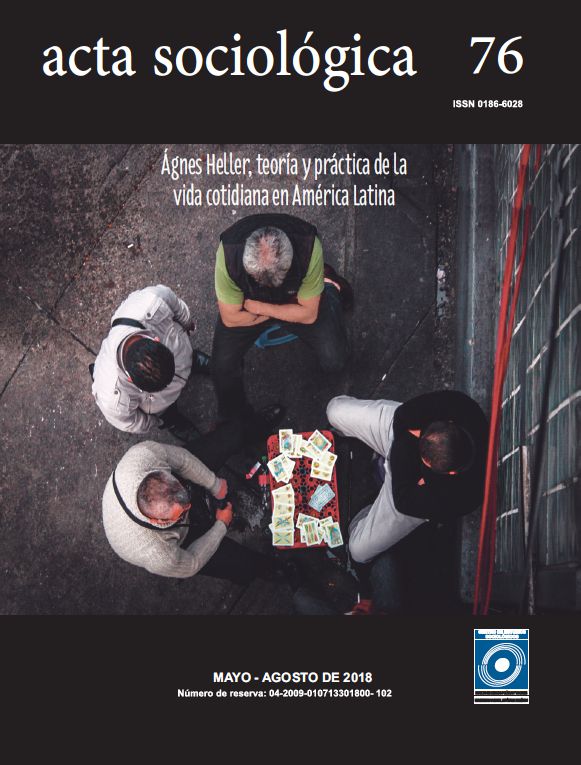Morality and politics in Ágnes Heller
Main Article Content
Abstract
The work gives an account of the relationship of politics and morality in the Hungarian philosopher Ágnes Heller. It is an understanding of the philosophical and theoretical foundations of the conception that Heller has of politics, imbued with a social reflection that looks at the pregnant with values that guide it to the good life in common. It shows how, from what she calls a “reflexive postmodernism”, she constructs its reflection on the configuration of a dynamic, ethical and just civil life that lies in “two pillars”: the good man and the good citizen. The presence of good norms is one of the aspects that guarantees the maintenance of life and freedom. The moral and political philosophy of this thinker, conceives the ethical person and the good citizen as the central gears of contemporary society. From their perspective, both the good moral judgment (phronesis) and the constitution of a good and just city can not be separated: the good moral judgment depends on the connection between value-oriented rationality and goal-oriented rationality, forming a moral authority that it guides us to make specific decisions.
